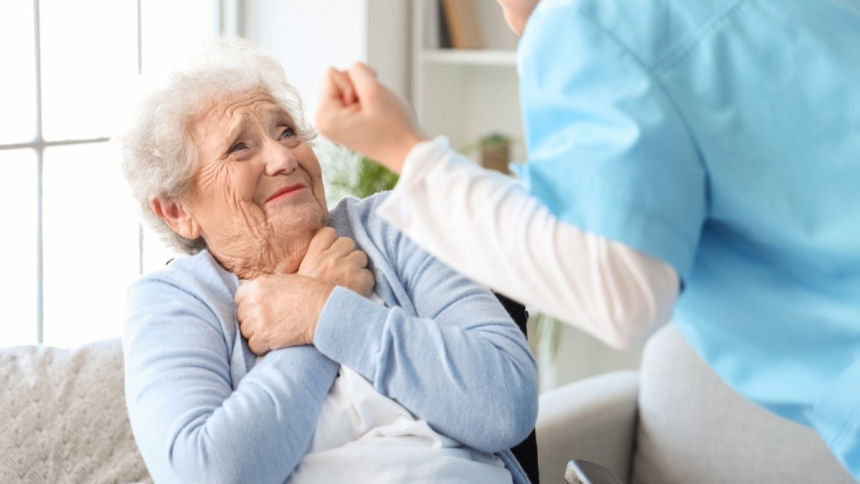Older adults are the most vulnerable in our society and must be protected and respected. Unfortunately, that’s not always the case, and it’s sad when elders don’t get the respect and care they deserve. Thankfully, they are protected not just by our social norms but also by state and federal laws.
If you suspect an elderly person is being abused, report it to the authorities and talk to a nursing home abuse lawyer, such as attorney Michael Duffy of Duffy & Duffy, PLLC. Here are the situations that require action:
Physical Abuse
The thought may seem appalling and taboo, but physical abuse of the elderly happens more often than we care to admit. Examples of physical abuse are hitting, shoving, slapping, punching, pushing, using unnecessary restraints, force-feeding, and rough handling. If you see any signs of bruises, don’t hesitate to act fast, as this is one of the most serious forms of nursing home abuse.
Psychological Abuse
Abuse goes beyond physical pain infliction—mental distress also counts as psychological abuse of the elderly. Examples include verbal abuse like yelling and name-calling, threats and intimidation, gaslighting, ignoring their needs, humiliation, control, and even coercion.
Watch out for warning signs such as increased anxiety, depression, or emotional instability. The victim may also fidget and be nervous around a specific person. Sometimes, they may even flinch or cringe as if they are expecting to be scolded or punished. Another sign of psychological abuse is a loss of self-confidence and unusual behavior.
Sexual Abuse
Sexual abuse is an under-reported form of abuse among the elderly. It constitutes any non-consensual sexual contact or activity, and it’s even worse when the victims are vulnerable due to physical, cognitive, or emotional limitations. Examples include unwanted touching, rape or sexual assault, coerced nudity, or forcing the person to watch pornographic material or participate in pornographic activities.
Watch out for signs such as unexplained bruises or injuries around sensitive areas like the breasts, thighs, buttocks, or genital region. Another sign to watch out for is the sudden appearance of STIs, especially when the elderly are not sexually active. They may feel pain or discomfort when walking or sitting.
Caregiver Neglect
The next form of nursing home abuse is caregiver neglect. This occurs when the caregiver fails to provide the necessary care, support, or attention that an elderly person needs to thrive. It may be unintentional due to lack of knowledge or resources, or willful disregard for the resident’s needs.
Types of caregiver neglect are physical neglect, which may include failure to provide adequate food, water, clothing, or shelter, and psychological neglect, like not bringing older adults to their doctor’s appointments. Withholding emotional support, companionship, or social interaction is also another form of caregiver neglect.
Caregiver Fraud
Caregiver fraud happens when caregivers steal money or personal property from their elderly patients. Examples to watch out for are misuse of funds, where the caregiver uses the elderly’s credit cards to pay for their expenses without consent. Forgery is when the caregiver falsifies signatures on checks and documents for financial transactions. Sometimes, the caregiver may even steal the elderly’s identity for personal gain.
Preventing Nursing Home Abuse
Now that you know the signs of abuse, how can you help? Here’s what you can do:
- Communicate with the victim; ask them if they are okay or if they are being harmed.
- Be nice to them because loneliness may be the reason for their financial abuse.
- If you see a crime, don’t be afraid to call it out. Talk to a lawyer and contact the authorities.
Conclusion
If you see any signs of an elderly person being abused, take action immediately. A nursing home abuse lawyer can investigate and file a lawsuit on behalf of the victim. The abuse may be categorized as a criminal or civil offense, depending on the nature and the severity.
Lynn Martelli is an editor at Readability. She received her MFA in Creative Writing from Antioch University and has worked as an editor for over 10 years. Lynn has edited a wide variety of books, including fiction, non-fiction, memoirs, and more. In her free time, Lynn enjoys reading, writing, and spending time with her family and friends.















